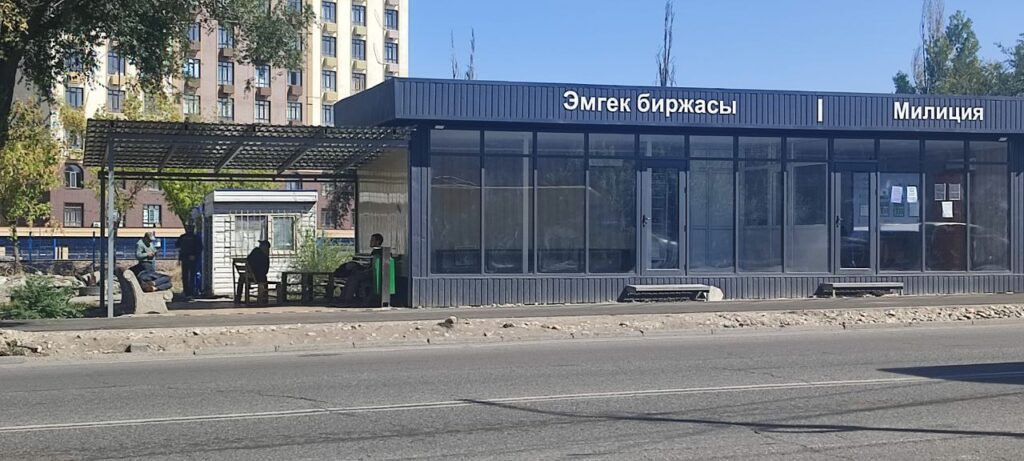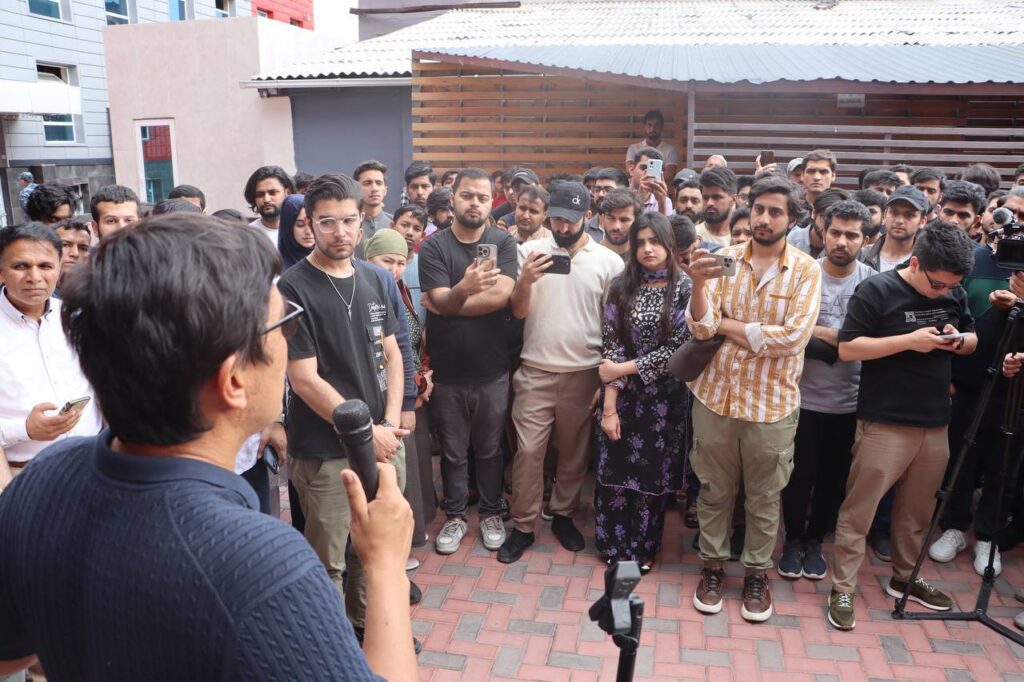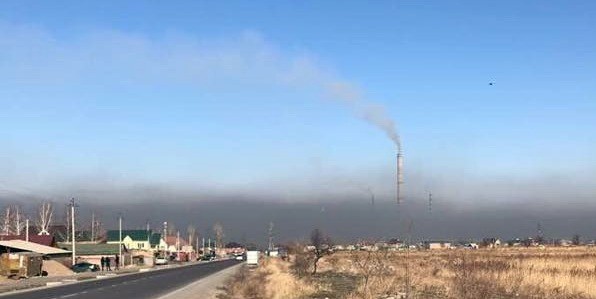Kyrgyz Authorities Urge Migrants to Return Home From Russia
Kyrgyzstan's presidential spokesperson Askat Alagozov has urged Kyrgyz citizens who have gone to work in Russia to return and work at home. However, only some people share the government's position on the issue. Alagozov noted that the country desperately needs construction and textile workers. “Of course, the salary you expect will be the same as what you get in Russia. But, most importantly, it is better to work in your homeland and near your family. Come and work in your own country,” Alagozov wrote on social media. Alagozov published the Ministry of Labor and Social Development hotline number, where citizens can get help with employment. In comments to the post, citizens noted that salaries in Russia are higher than in Kyrgyzstan. A migrant in Russia receives an average of 80 to 200 thousand KGS ($950 - 2,350), while in Kyrgyzstan, the average salary is 30 to 50 thousand KGS ($350 - 600). “90% of Kyrgyz migrate to buy an apartment. Working here [in Kyrgyzstan], it is impossible to buy a house. The most important factor is migrants' need for housing,” one of Alagozov's followers said. As of August 1, 57,500 unemployed citizens were registered at the labor exchange. According to the National Statistical Committee, registered unemployment decreased by 21% over the past year. The Ministry of Labor and Social Development also claims that more than 230,000 citizens across the country have been employed over the past few years, while 58,000 have received vocational training. Meanwhile, workers registered at the labor exchange told The Times of Central Asia that the Kyrgyz labor market is not as good as the authorities make it out to be. To earn money, people have to take any job offered. “We are standing here on Lev Tolstoy Street, and everyone in Bishkek knows you can find workers if you come here. People here take on any work: construction and landscaping, concrete work, unloading, and transport work,” said a construction worker named Ulukbek. Permanent work is hard to find in the city, he said. “I can earn 1,500-2,000 KGS (US $18) daily, but not always, and sometimes you don't make any money. There is a mafia here; no one will give you a good job for nothing. There is massive competition in the warm seasons. In summer, people stand on both sides of the road, and there is more business to be had,” Ulukbek explained. Talk of a shortage of qualified construction workers in Kyrgyzstan began during the recent construction boom.






